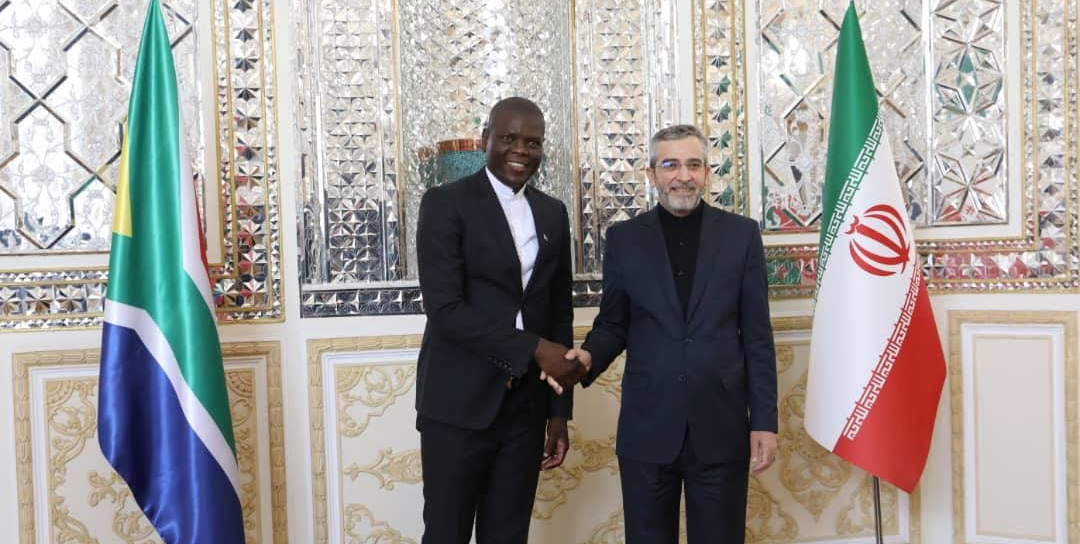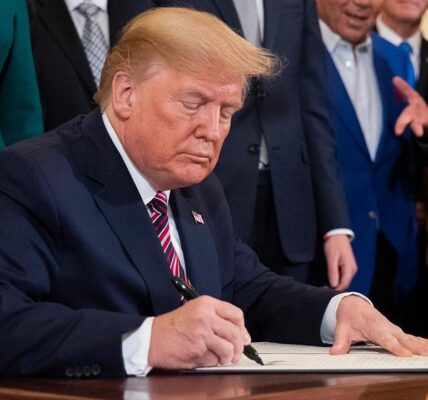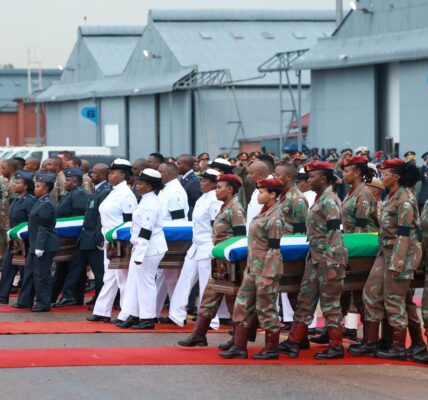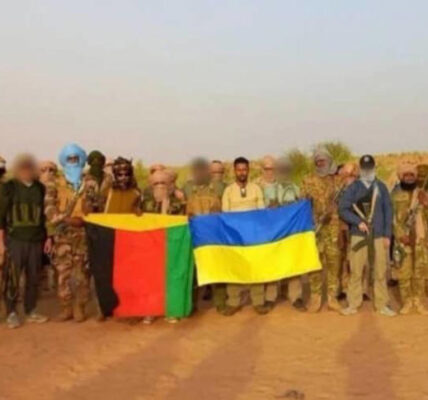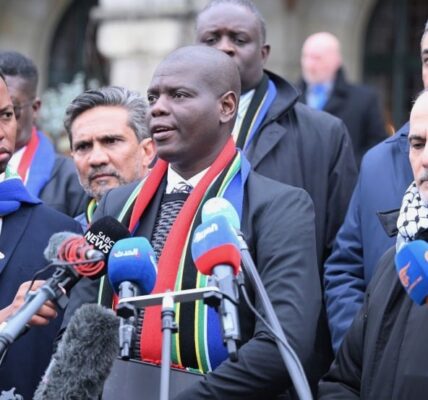Ramaphosa’s Iran flirtation: How South African military technology and nuclear deals are courting Western sanctions
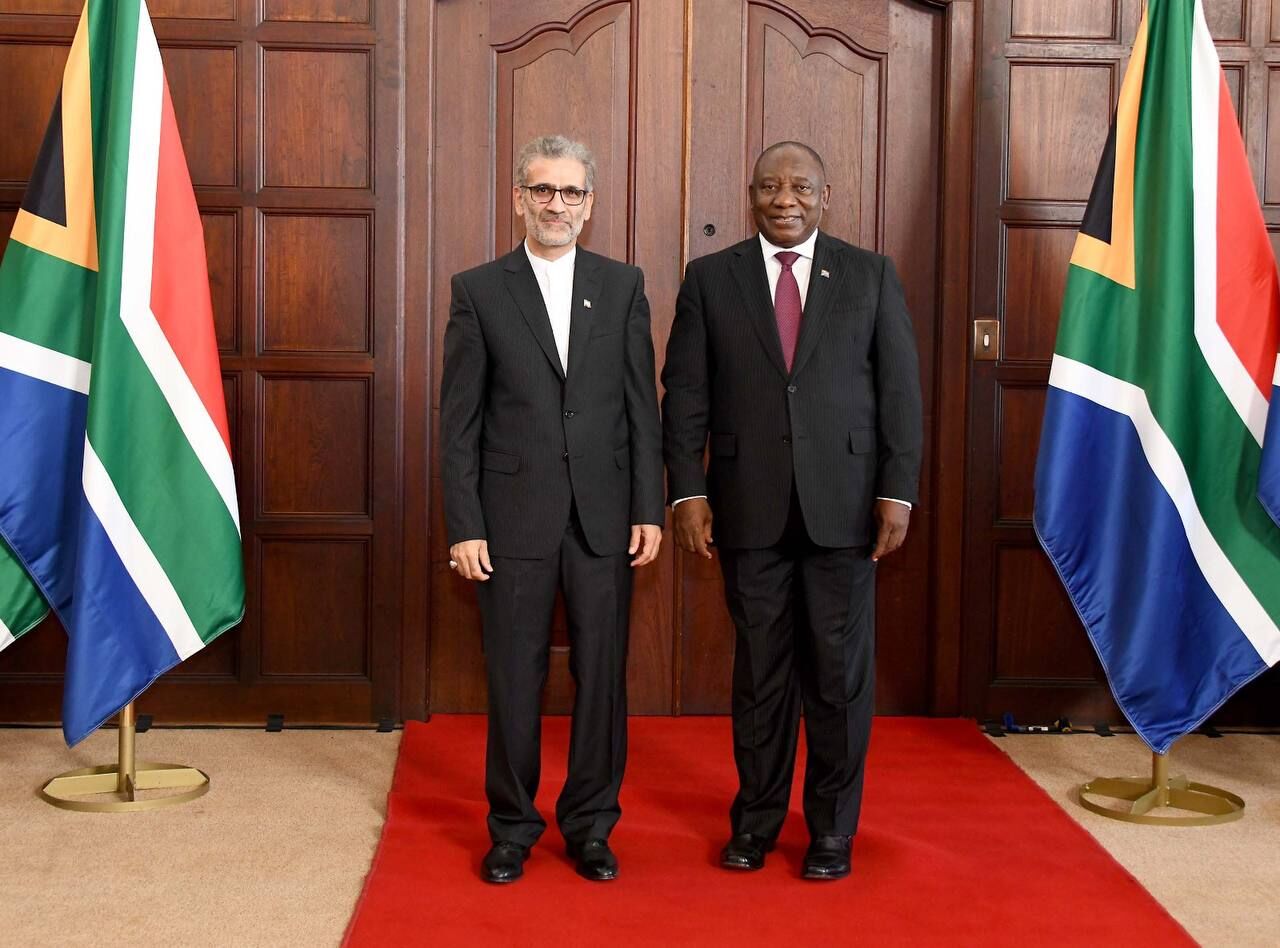
South Africa’s increasing “flirtation with Iran” and the use of the country’s technology in Iranian drones in the wars in Ukraine and Sudan has put the country at risk of Western sanctions, according to an expert on Middle East terrorism
In an interview with National Security News, Tim Flack from the South African National Defence Union (SANDU) said that the Biden administration had effectively ignored the growing ties between Iran and the allegations of military technology transfer from South Africa to the Islamic republic.
However, he said that the new Trump administration is now aware of the situation, and the consequences for South Africa could be severe.
The US has taken steps to halt aid to South Africa, with President Donald Trump issuing a far-reaching executive order which included citing the country’s “reinvigorated relations with Iran to develop commercial, military, and nuclear arrangements”.
Flack claimed that two drones used by Iran, the Shahed 316 and the Ababil-3, appear to be based on South African technology, specifically the ARD-10 LARC and the Denel Seeker drone.
“It is concerning when our technology is being used by Iran, as there are arms control measures in place to prevent it,” Flack said. He added that Iran appears to have a tight grip on South Africa. Iran is also believed to be behind the country’s decision to accuse Israel of genocide at the International Court of Justice, he added.
The alleged military technology transfer between South Africa and Iran is said to have occurred in 2005, when South African telecommunications company MTN, with President Cyril Ramaphosa as chairman, seized the chance to expand its reach to Iran. It is alleged that MTN and its local partners won a lucrative license to launch a new Iranian mobile-phone carrier by bribing their way into Iran.
Turkcell, an Istanbul-based rival, filed a federal lawsuit against MTN, seeking $4.2 billion in damages. The case eventually ended up in South Africa, where Turkcell failed to convince a higher court that dismissed the litigation with costs. The battle between the two telecom giants may be far from over, as Turkcell may be petitioning South Africa’s Constitutional Court.
Flack said that court papers from the case indicate secret internal memos from 2007, which suggest that Iran pressured MTN to fulfil its arms deal promises. Iran also pressured South Africa to accuse Israel of genocide in the Gaza Strip, which South Africa did, and even took this claim to the United Nations, according to Flack.
His warning comes as the country’s Minister of Mineral and Petroleum Resources, Gwede Mantashe, said that South Africa is open to nuclear power project bids from Russia and Iran as it seeks 2,500 megawatts of new capacity to prevent power outages. “We cannot have a contract that says Iran or Russia must not bid, we cannot have that condition,” Mantashe told Reuters. “If they are the best in terms of the offer on the table, we will take any country.”

